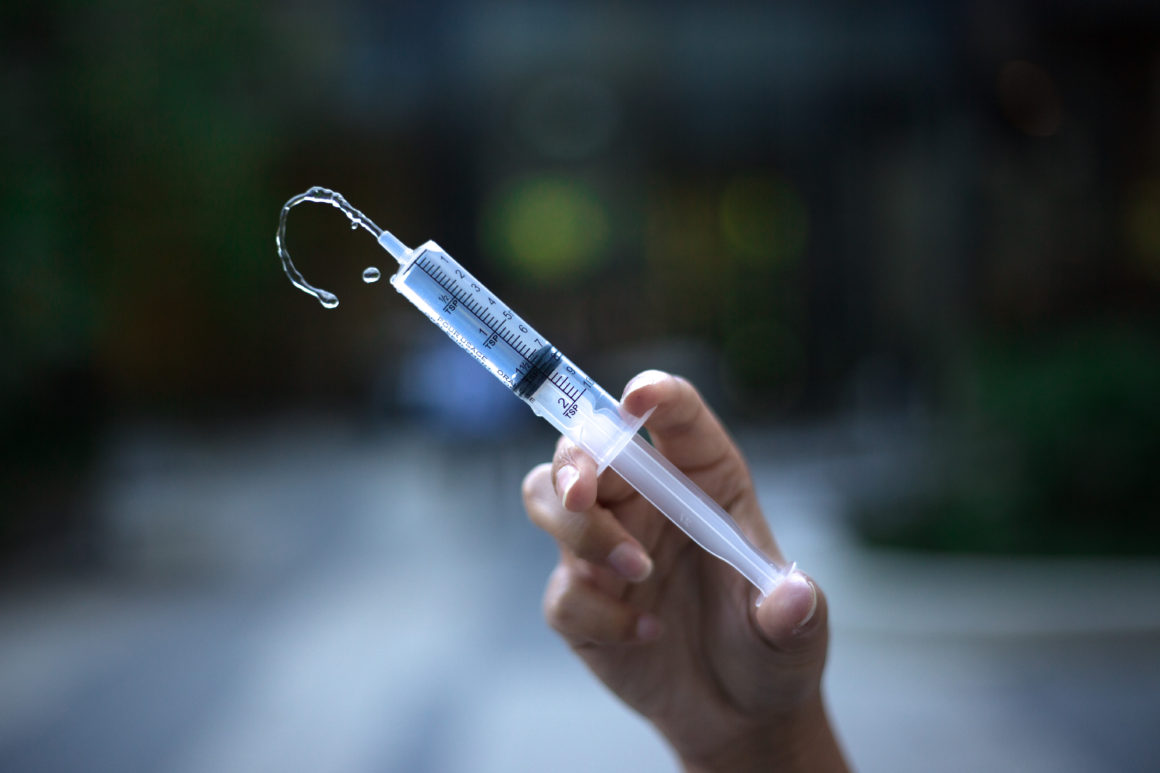
It’s time to re-evaluate doping in sports
By Emilie Medland-Marchen, September 20 2016 —
After a tumultuous year, the leaders of 17 National Anti-Doping Organizations held a summit in Copenhagen, Denmark from Aug. 29–30 to discuss the effectiveness of global anti-doping efforts. The summit follows a controversial decision from the International Olympic Committee to not place a blanket ban on Russian athletes at the 2016 Rio Olympics following allegations of a state-sanctioned doping program.
The heavily contested decision came after Russian whistleblowers Yuliya and Vitaly Stepanov claimed Russia had participated in widespread doping during the 2014 Sochi Olympics, which was confirmed by the World Anti-Doping Agency (WADA) in a later investigation.
The IOC’s unwillingness to reprimand Russia for its participation in a state-sanctioned doping program in Sochi shows major flaws in fair and ethical sport regulation. But rather than questioning the specifics of Russia’s punishment, sporting organizations must re-evaluate the larger role that doping plays in competition.
The summit in Copenhagen is one step towards igniting this conversation, but the debate needs to include athletes, coaches and officials at all levels of sport. We need to participate in discussions on the role that biotechnology and doping have played in permanently altering the integrity of athletic competition.
Whether we like it or not, doping is here to stay. The question is not how we will continue to deny its permeance, but how we will respond to it.
Doping scandals in sport are nothing new — at the 1988 Summer Olympics, Canadian track star Ben Johnson was stripped of his gold medal after testing positive for the performance enhancing drug stanozolol. In 2012, cyclist Lance Armstrong’s seven Tour de France titles were rescinded after he was accused of leading a highly sophisticated doping program. Recently, the International Tennis Federation suspended Maria Sharapova for two years after she tested positive for the drug meldonium.
Doping scandals are now so commonplace they are no longer surprising. Press conferences featuring a tearful athlete apologizing for drug violations are a regular occurrence. Because samples can be held for up to 10 years after international events, positive results are often discovered long after competition. That means athletes are rarely off the hook for doping violations, even years after the fact.
But there is a vast difference between doping infractions by individual athletes and a state-sponsored doping epidemic. The extent to which Russia committed doping offences at the Winter Olympics in Sochi greatly outweighed the damage done by a single athlete. In an incident of institutionalized cheating, the legitimacy of globally hosted sporting events is severely jeopardized.
Whether or not Russia should have faced consequences at this year’s Olympics has been widely discussed in the sporting community. But discussions on the role of performance enhancing drugs in sport — and how their sophistication has permanently altered the reality of modern competition — are taboo. Whenever those questions are raised by sport organizations or athletes, they warrant immediate suspicion.
In the current age, where only a small percentage of athletes on drugs are caught by WADA, nobody benefits. There is no benefit to competition when half the talent pool has an unfair advantage, especially when the effects of performance enhancing drugs are visible for years to come.
Meldonium wasn’t placed on the banned substance list until this year, but it has been used for decades to increase blood vessel size and blood flow. The effects of meldonium on an athlete’s performance will be seen long after it has been taken out of use in competition, and the athletes involved in the doping program during Sochi will see its positive effects in their performance for years to come.
In a 2013 report published by former WADA president Dick Pound, statistics show that of 250,000 drug tests per year, less than one per cent produce positive findings for serious doping substances, despite an extensive intelligence network within sport that suggests the rate of cheating is much higher.
Sport culture continues to perpetuate a narrative that athletes who compete clean are noble and virtuous while athletes who use enhancing substances are dishonest. This is true in cases where a single athlete has decided to cheat to improve their performance. But in the case of Russia, individual athlete choice was taken out of the equation and administering performance enhancing substances became the responsibility of the state.
Human beings are intimately connected with technology. That connection extends beyond our relationship with our phones and laptops to our relationship with pharmaceutical drugs and biotechnology.
In a world where over-the-counter cold medications contain banned substances and pharmaceutical companies have increased control over the content of their products, the responsibility can no longer be placed on individual athletes to make the right choice. Performance enhancing substances’ sophistication extends beyond our ability to catch them.
When it comes to testing athletes, the drugs used to enhance performance evolve and change much more quickly than WADA’s ability to identify and prohibit them. The incident in Russia shows that athletes using these substances are one step ahead of the game.
We need to rid ourselves of the stigma surrounding discussions of biotechnology in sport and face the facts. What is and what isn’t allowed in athletics is decided upon by major governing bodies and sport organizations. But when these organizations fail to identify doping programs like the one in Russia on such a mass scale, the result is unfair, dishonest competition.
If the IOC’s ability to identify and punish those who break the rules continues to fail in such epic proportions, it’s time to change the system. Continuing international competition under the guise of fairness is incredibly misleading when doping is so widespread.
If we can’t follow the rules, it’s time we re-evaluate them in order to protect the fairness of sport for generations to come.
